Marvel faces backlash over the AI controversy in Secret Invasion’s opening credits, as social media users express discontent and raise concerns about the implications of using artificial intelligence in the show.
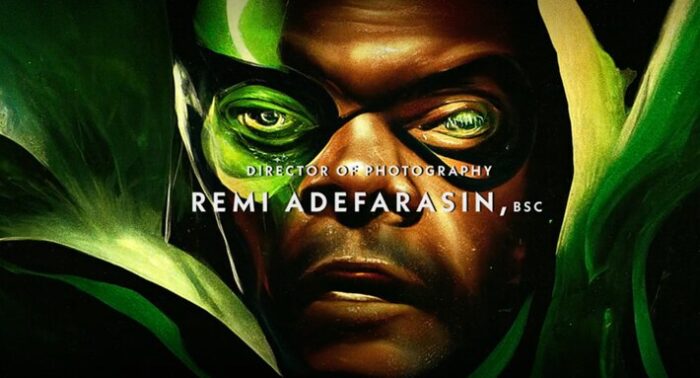
Read more here: Woman Marries AI Lover, Finding The Ideal Partner In A Virtual World
The AI Controversy In Secret Invasion’s Opening Credits
Marvel’s highly anticipated television series, Secret Invasion, which debuted on Disney+ this week, has found itself at the center of a social media storm.
The reason? The revelation that the show’s opening credits were created using artificial intelligence (AI) has sparked a wave of criticism and backlash.
Fans and industry professionals alike have taken to social media platforms to express their discontent, raising concerns about the potential ramifications for artists and writers.
Let’s delve into the controversy surrounding Secret Invasion’s AI-generated opening credits.
Read more here: AI Chatbot Tessa Removed From US Eating Disorder Helpline For Providing Harmful Advice
Why The Creators Of The Secret Invasion Facing Backlash For Using AI?
Marvel director Ali Selim confirmed in a recent interview with Polygon that the opening sequence for Secret Invasion was produced by an AI system operated by Method Studios.
The captivating sequence, featuring mesmerizing watercolor renderings of the show’s key characters, was inspired by the series’ plot revolving around shape-shifting “Skrulls” infiltrating Earth.
However, the use of AI instead of graphic designers and animators has ignited a firestorm of criticism.
On social media, voices of discontent were quick to condemn the decision to employ AI for the opening credits.
Jeff Simpson, who worked on the visual development team for Secret Invasion, expressed his devastation, tweeting, “I’m devastated, I believe AI to be unethical, dangerous and designed solely to eliminate artists’ careers.”
Similar sentiments were echoed by Jon Lam, a storyboard artist, who referred to the decision as “salt in the wounds of all Artists and Writers in the WGA strike.”
The backlash against AI-generated opening credits in Secret Invasion also aligns with the ongoing negotiations between the Association of Motion Picture and Television Producers and the striking Writers Guild of America (WGA).
The use of AI to replace human labor has become a major point of contention during the eight-week strike, prompting the WGA to propose protections against AI for writers.
In the interview, director Ali Selim took a more optimistic stance, viewing AI as an innovative artistic tool.
He described the process of collaborating with AI vendors, where ideas and themes were shared, and the computer would generate visual concepts that could be further refined.
Selim viewed this exploration into AI as exciting and inevitable, sparking a new creative frontier.
Read more here: Is AI Better At Predicting Cancer Risk? New Study Suggests Promising Results
However, not all viewers share Selim’s enthusiasm. Some expressed disappointment with Marvel’s decision to utilize AI for the Secret Invasion’s opening credits.
Filmmaker Brian Long expressed his disbelief, stating that Marvel had actually used AI to create the intro for Secret Invasion and suggesting that it marked a significant turning point.
Another user conveyed their disappointment, expressing that they had thoroughly enjoyed the first episode of Secret Invasion.
However, they criticized the utilization of AI-generated art in the intro and urged Marvel to strive for improvement.
This recent controversy surrounding AI-generated opening credits follows a similar uproar in the publishing industry.
Just last month, Bloomsbury admitted to employing AI to create the book cover for Sarah J Maas’ fantasy novel, House of Earth and Blood.
These incidents have reignited debates about the ethical implications of relying on AI to replace human creativity and craftsmanship.
Marvel’s Secret Invasion has found itself mired in controversy due to the use of AI-generated opening credits.
The decision has ignited a backlash on social media, with concerns raised about the potential impact on artists and writers.
While director Ali Selim sees AI as an exciting artistic tool, critics argue that its use undermines the value of human creativity and craftsmanship.
As discussions surrounding the ethical implications of AI continue to unfold, the question of finding a balance between technological innovation and preserving traditional artistic processes remains at the forefront of this debate.


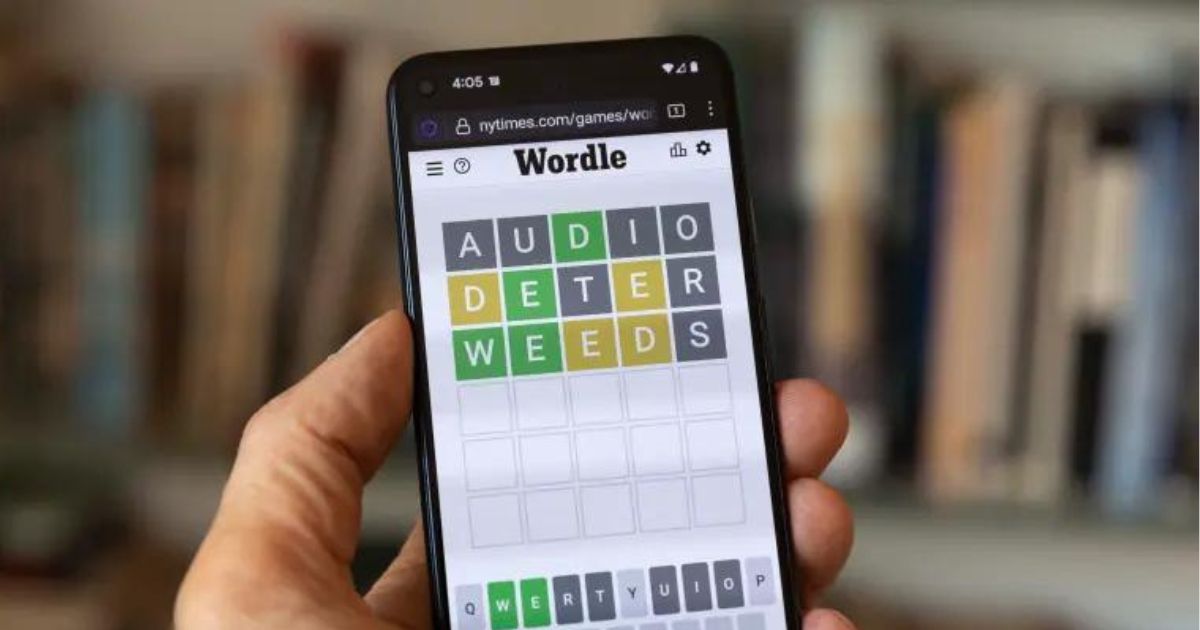
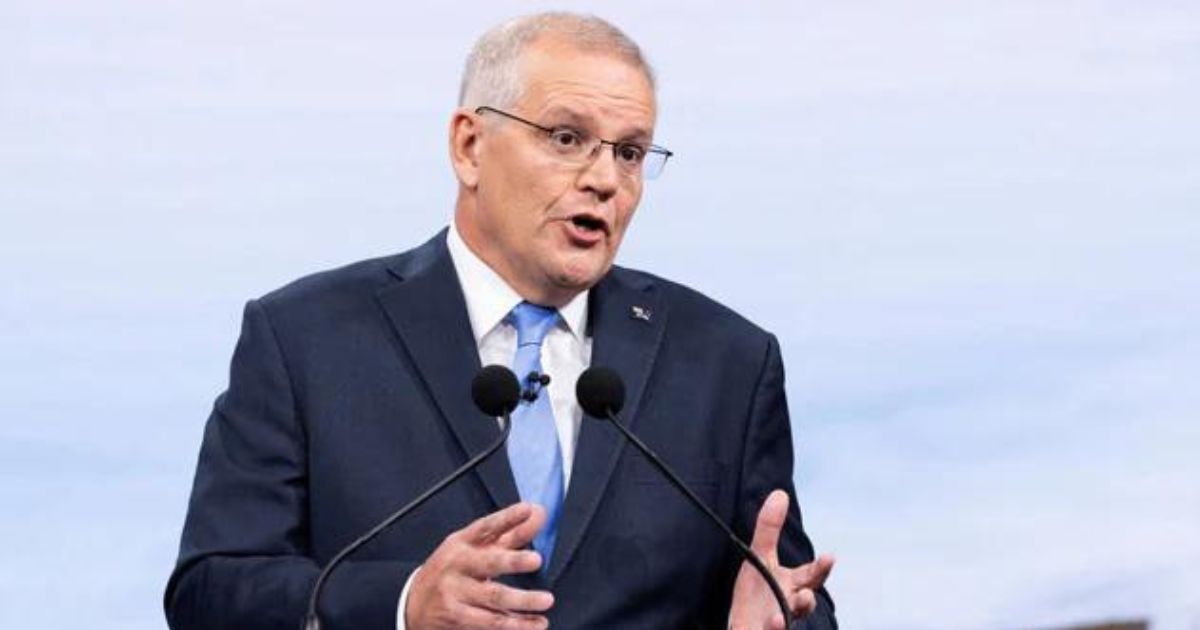


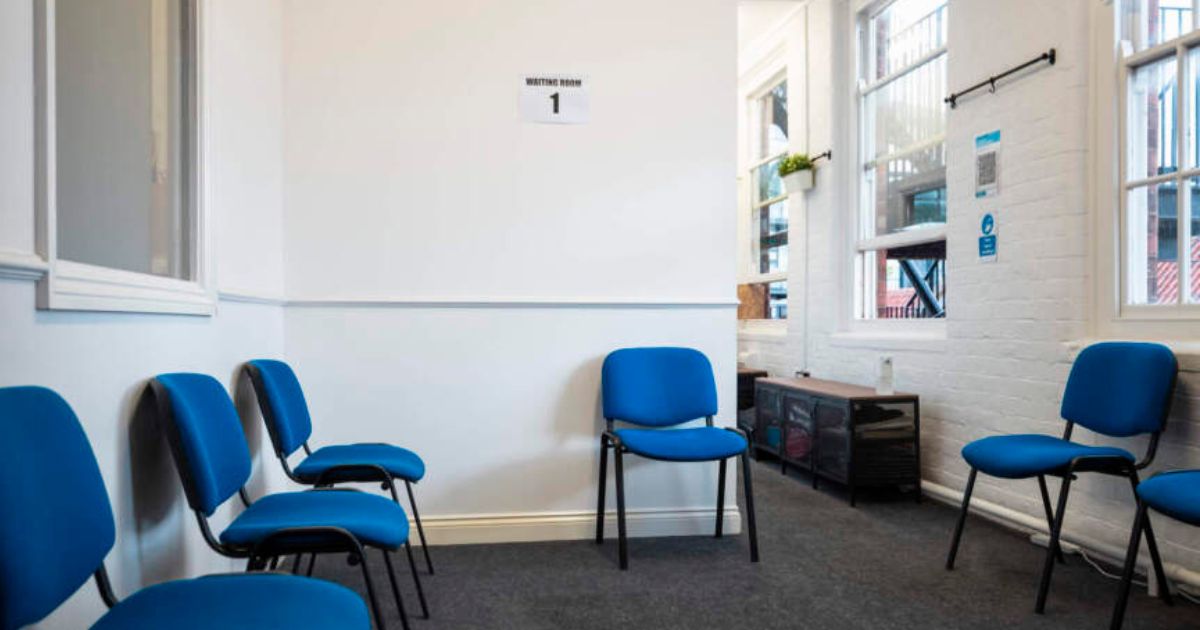
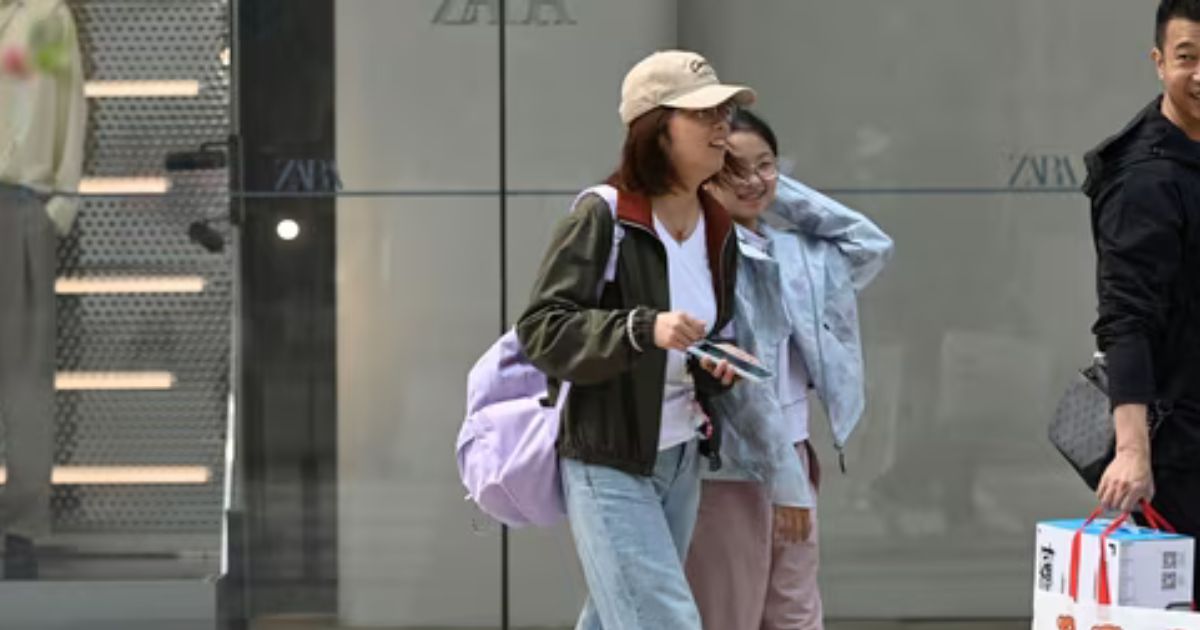

Leave a Reply
You must be logged in to post a comment.